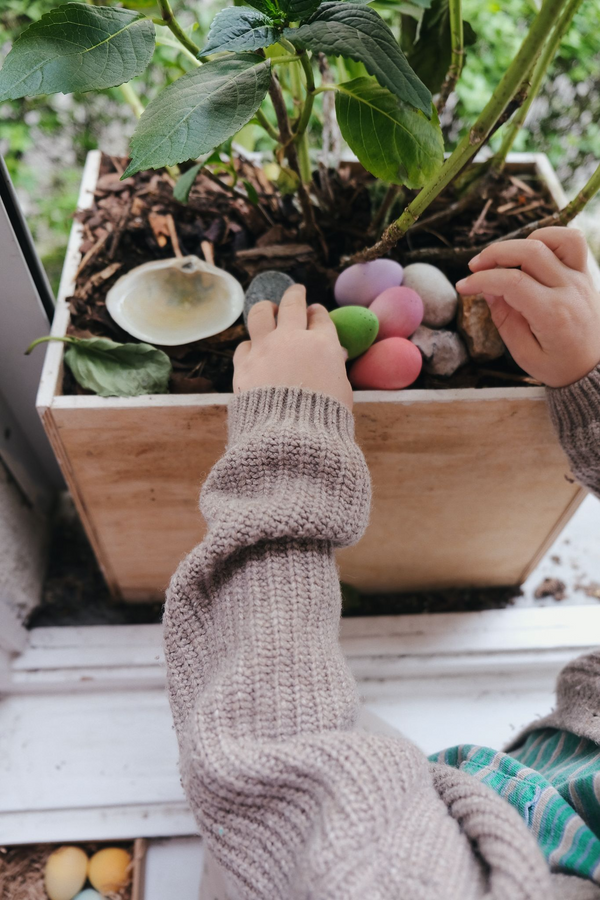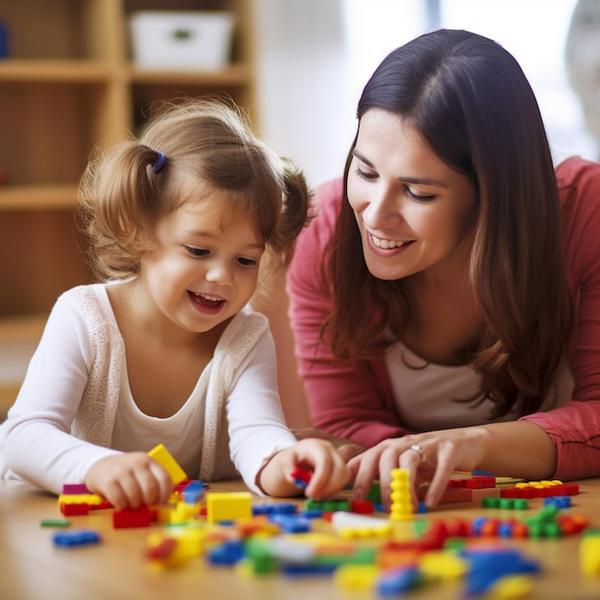The Benefits of Reading Aloud to Your Children
Erin Burt
When I found out I was pregnant with my oldest, I dreamed of the day he would be old enough to read with me, sharing the experiences of The Chronicles of Narnia or Charlotte’s Web. I didn’t have any childhood memories of picture books, so I just assumed we wouldn’t read together until he was older.
Thankfully, my sister was passionate about reading aloud to children and started suggesting that there was a life before chapter books. That, actually, there were some quality picture books out there that I might even enjoy. It didn’t take long to convince me that, while I may not know how to do anything else as a parent, I could read. And, if reading aloud to my children had has many benefits as she was saying, how could I not?
Now that my kids are (almost) 5, 3, and 1, I have already started to see some results of reading aloud throughout their lives. Some being:
- Vocabulary. There are so many words I wouldn’t use around my children on an average day. But, if you’re choosing quality picture books (there are lots of lists online), you can expand your children’s vocabulary in no time with little effort.
- Worldview. We’ve read books about children in other countries, immigrant children, different religions and family types, encouraging unique conversations. I may not be able to show my children how kiddos around the world live by hopping on a plane, but the local library has plenty of resources for free!
- Tough topics. I know my oldest is only (almost) 5, but there are some topics like body parts and unsafe situations that I just wasn’t sure how to approach without instilling fear. There are so many books on all of the hard talks you need to have, but aren’t sure how to have.
- Bonding. We have a lot of inside jokes thanks to books. There’s a line in a Madeline book that says, “The sooner we’re dressed, the sooner we’ll leave, the sooner we’ll find Miss Genevieve!” Nearly every time we leave, my son thinks it’s hysterical to quote this.
- Story-forming. Did you know a large part of Abraham Lincoln’s likability was due to his ability to tell a story? Did you also know that children are only able to start forming memories once they’re able to tell stories? How do they learn to do this? By reading!
- Empathy. We discuss how the characters in the story might feel or what we would do in the same situation. I’ve seen this play out in interactions based on a conversation we’ve had while reading.
Kara Garis is a cloth diapering, baby wearing, semi-crunchy mama to two active boys and a baby girl. She lives with her husband in Oklahoma and loves running, cooking, traveling, reading and teaching herself how to braid. She blogs very infrequently at karagaris.blogspot.com.








